Jay Z Is Using Kalief Browder's Story to Expose the Damage of the Criminal Justice System on Mental Health

By:
Kalief Browder made it out of prison but died anyway. And now rapper Jay Z is using his story to expose the injustice and psychological damage caused by the criminal justice system.
Fellow Brooklyn native Shawn "Jay Z" Carter, who met Browder before his death, is producing a six-part documentary series on Browder's tragic story for Spike TV.
Browder was only 16 when he was arrested on suspicion of stealing a backpack in New York City in 2010.
Because his family couldn't raise the $10,000 for his bail, he spent three years in the Rikers Island prison complex awaiting trial.
Browder's family said that that his mental health began to erode because of the 400 days he spent in solitary confinement, as well as the physical abuse he endured at the hands of prison guards and other prisoners. The charges were dismissed in 2013. Browder hanged himself at the age of 22 last year in his mother's backyard in the Bronx.
Jay Z called Browder a "modern day prophet" at a press conference about his series, "Time: The Kalief Browder Story."
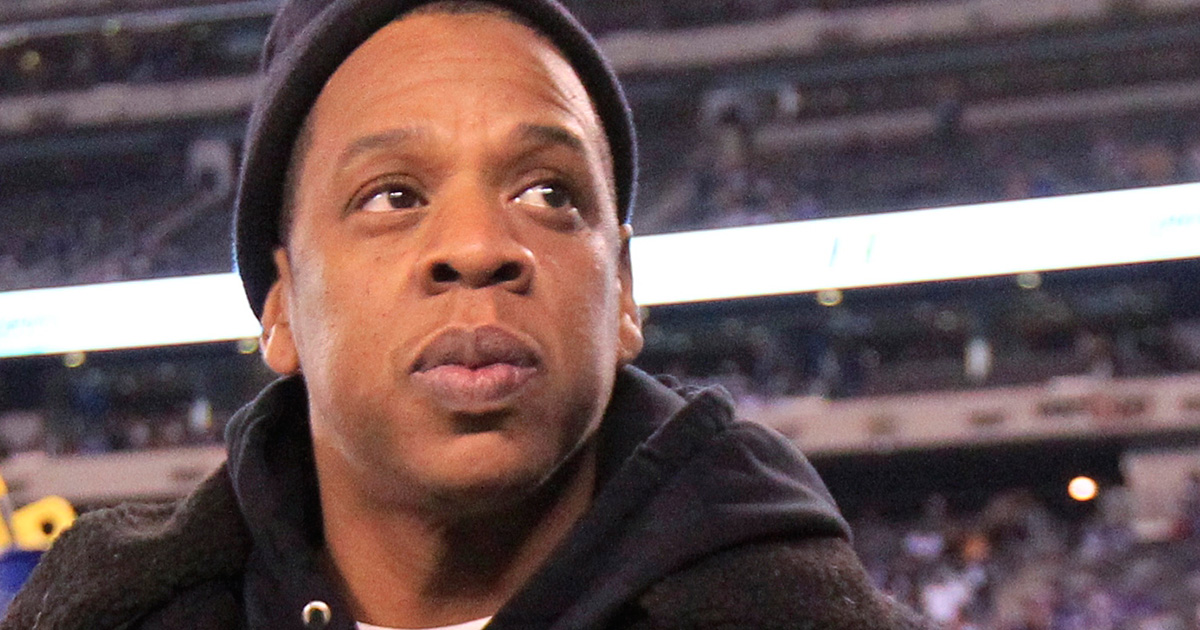 AP/Julio Cortez - apimages.com
AP/Julio Cortez - apimages.com
Browder's emotional suffering and eventual deadly mental illness changed the way Americans think about the criminal justice system, Jay Z said.
"I look at Kalief Browder as a modern day prophet. Our prophets come in many different shapes, forms, or mediums," Jay Z told an audience that included Browder's mother, Venida Browder, Fader reported. "This young man just by the fact that he brought all of us here today lets you know how powerful of a soul he was."
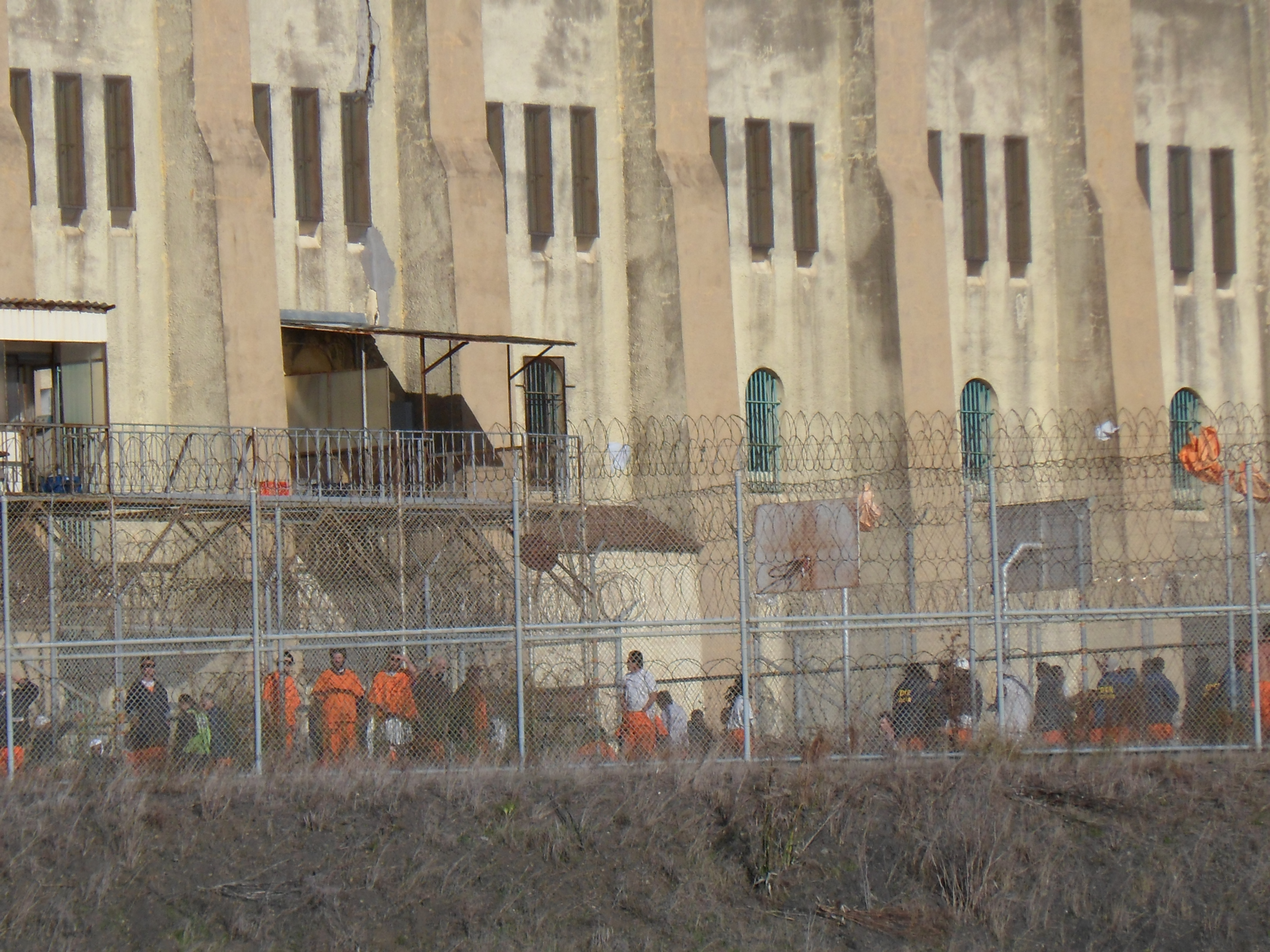 Wikimedia - wikimedia.org
Wikimedia - wikimedia.org
President Barack Obama's executive order to end solitary confinement for juveniles in federal prison earlier this year was a result of Browder's suicide, Jay Z said.
The order also significantly reduced the amount of time an adult prisoner can spend in solitary confinement.
The change is why Carter compared Browder to Martin Luther King Jr., Fader reported.
"I knew right there that he was a prophet. Some of my prophets go in tragedy. Martin Luther King ends tragically, but what comes from it: the life and the next iteration and the lives saved. And how this man has moved culture forward is incredible."
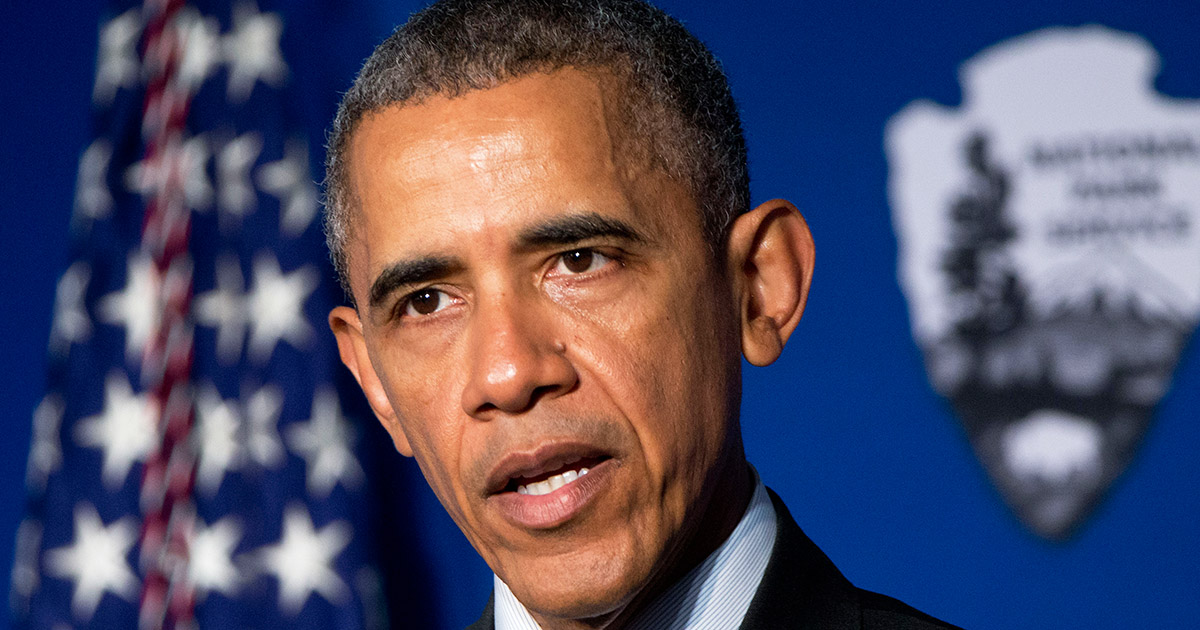 AP/Jacquelyn Martin - apimages.com
AP/Jacquelyn Martin - apimages.com
Obama wrote an opinion piece in The Washington Post in January about Browder and his decision to end solitary confinement in the federal prison system for juveniles and lessen its use in the overall population.
"Solitary confinement gained popularity in the United States in the early 1800s, and the rationale for its use has varied over time," Obama said. "Today, it’s increasingly overused on people such as Kalief, with heartbreaking results — which is why my administration is taking steps to address this problem."
Solitary confinement targets some groups more than others. It can cause lasting damage.
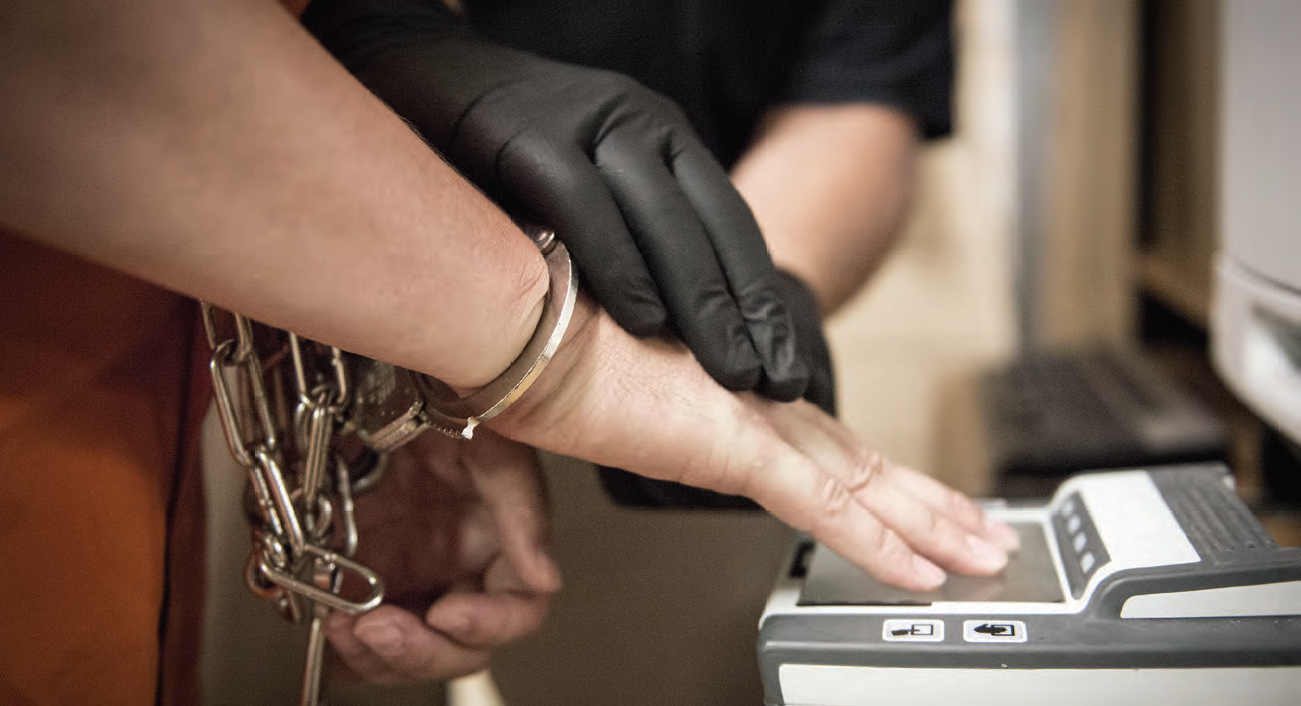 United States Marshals Service - wikimedia.org
United States Marshals Service - wikimedia.org
Obama said that the psychological damage of solitary confinement makes it almost impossible for newly released prisoners to readjust successfully into society.
"Prisoners in solitary are more likely to commit suicide, especially juveniles and people with mental illnesses.The United States is a nation of second chances, but the experience of solitary confinement too often undercuts that second chance. Those who do make it out often have trouble holding down jobs, reuniting with family and becoming productive members of society."
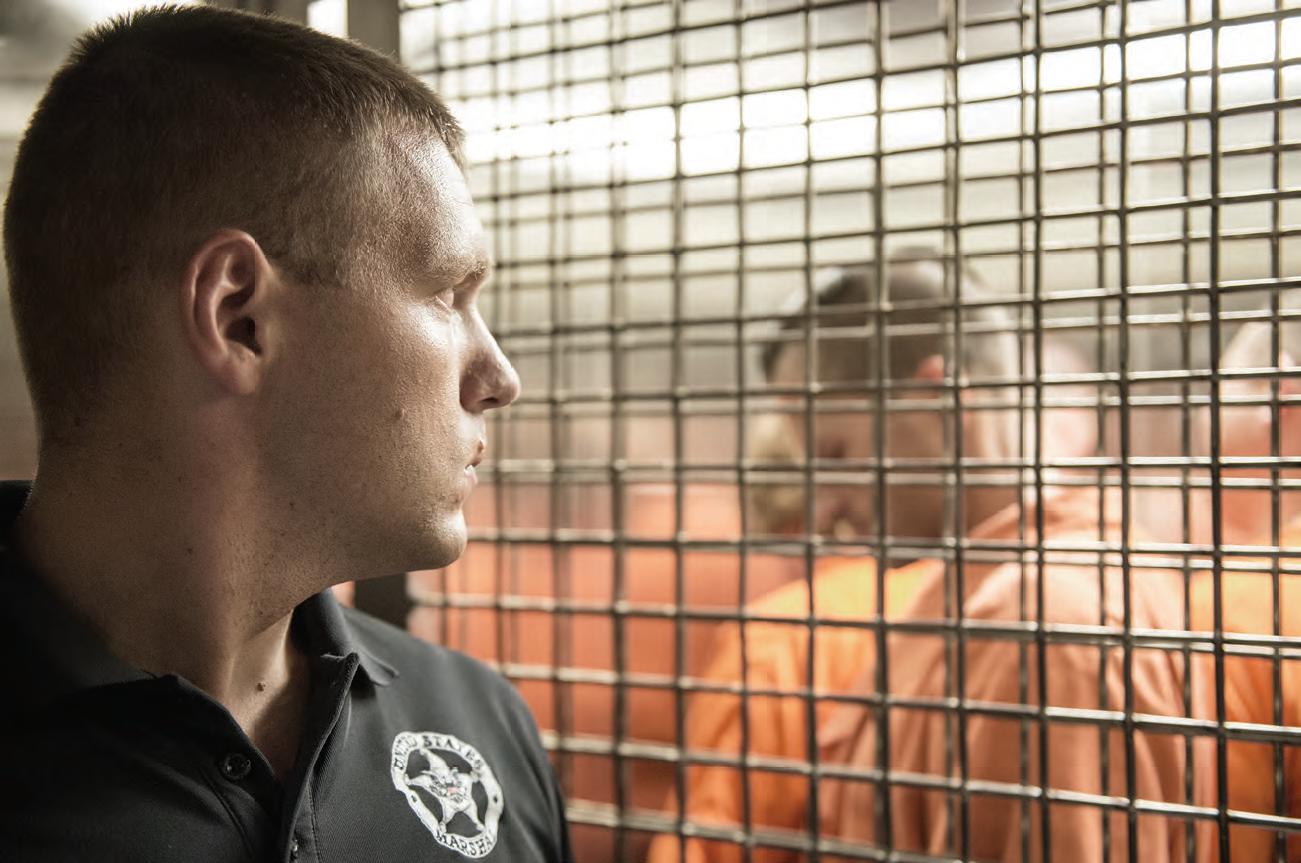 United States Marshals Service - wikimedia.org
United States Marshals Service - wikimedia.org
Younger prisoners, prisoners who don't have a high school diploma, and LGBT prisoners were more likely to spend time in solitary confinement, an analysis by the Bureau of Justice Statistics last year found. About 29 percent of prisoners and 22 percent of people in U.S. jails with "symptoms of serious psychological distress" were placed in solitary confinement in the past year.
Obama's executive orders only apply to federal prisons.
 U.S. Department of Justice - wikimedia.org
U.S. Department of Justice - wikimedia.org
There are nearly 192,000 federal inmates in the U.S., but they were only a small fraction of the more than 2 million people in federal, state, or local jails in 2014, according to the Bureau of Justice Statistics. That means that millions of people are left out of the executive order protections against solitary confinement.
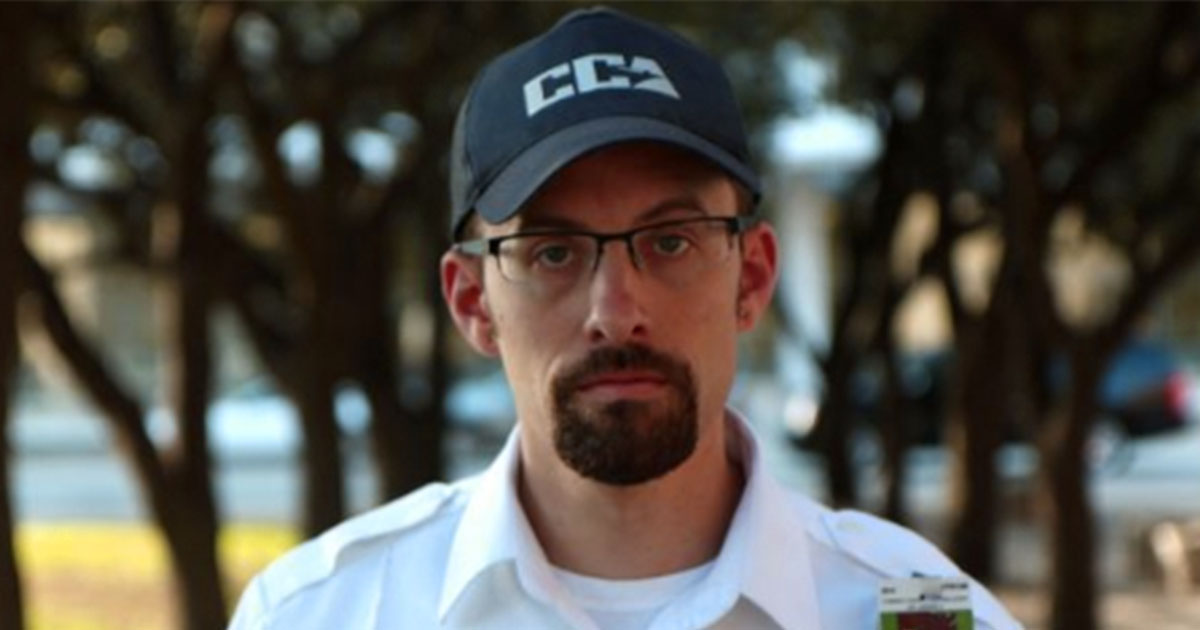 Twitter/@shane_bauer - twitter.com
Twitter/@shane_bauer - twitter.com
The American Civil Liberties Union's website has a continuing call to action to end solitary confinement as a standard form of punishment.
"Officials in some states that formerly relied heavily on solitary confinement are now realizing that they should use public resources on proven policies that promote safe communities and fair treatment, and are successfully reducing the use of solitary — at the same time saving their states millions and reducing violence in the prisons. It's time for more states, and the federal Bureau of Prisons, to follow suit."
